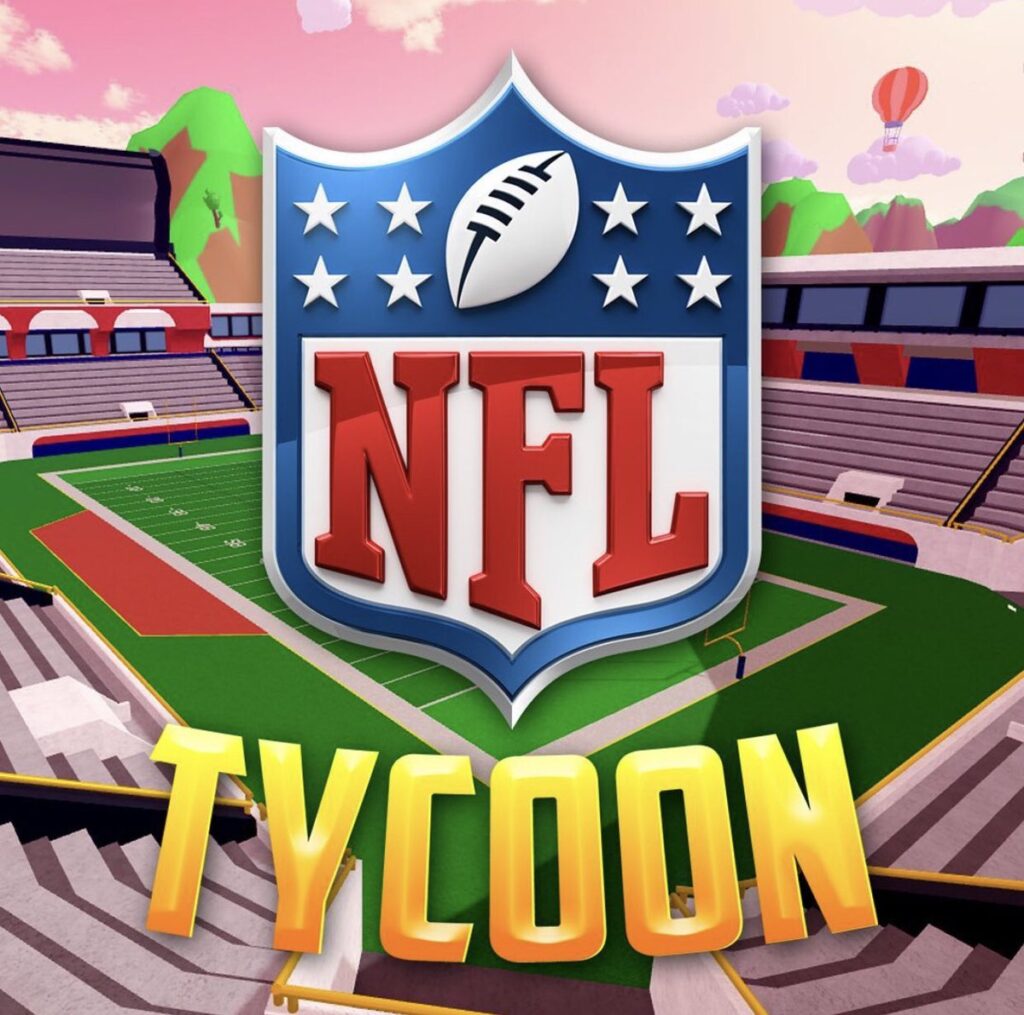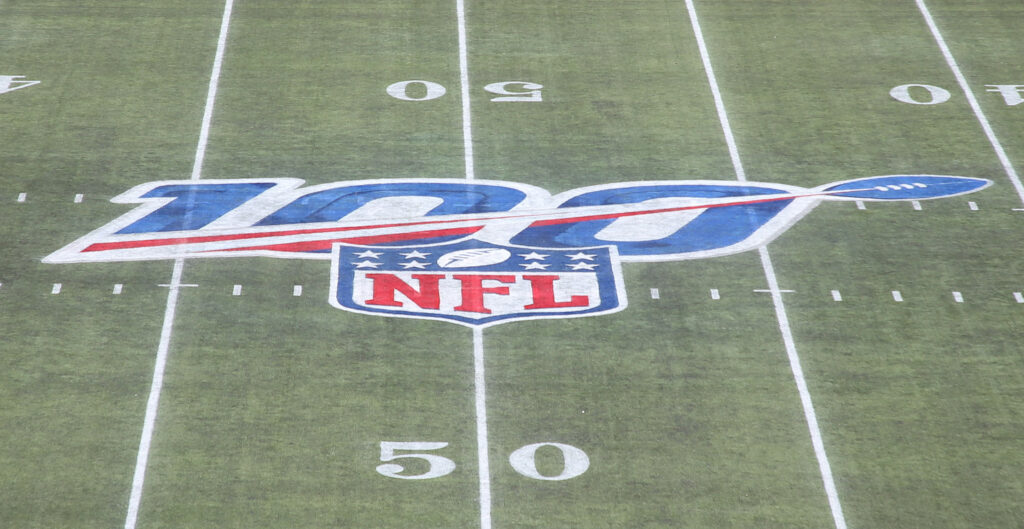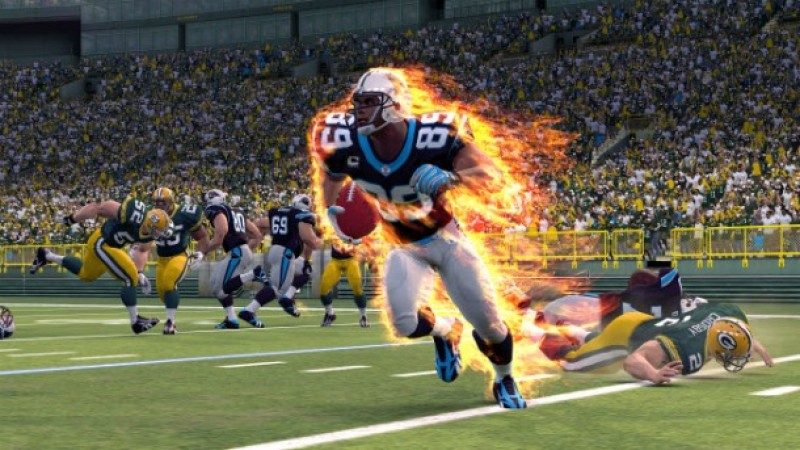The National Football League (NFL) launched NFL Tycoon, a persistent experience on Roblox, in February 2022 to, “engage the next generation of NFL football fans in the Metaverse.” While the NFL claims to be the first official major sports league to offer an experience on Roblox – a gaming platform with an estimated 50 million daily active users – the league is not alone.
English football (soccer) club Manchester City recently teamed up with athletic apparel provider Puma for a Roblox activation also. Where NFL Tycoon is one of a growing number of Metaverse initiatives from some of the world’s largest sports organizations. A trend driven by more sports marketing programs tapping into virtual worlds as a fan engagement channel.

Still, the promotion of sports events, teams and players takes on new dimensions in playable experiences like Roblox. Where familiar sports marketing activities centered on visual display and signage benefit from following the principles of game design.
That is because design, a mode of transformative action, continuously negotiates the limits of the actual. And when applied to playable experiences (games), it is a powerful tool for blending non-endemic brand presence into virtual worlds.
Along those lines, here are three game design principles which improve how the NFL engages existing fans and new audiences in Roblox. Where the objective is to unpack effective techniques for all sports-related activations in the Metaverse.
Make it meaningful
Game design is the process of creating a context (centered around play) to be encountered by a participant (a player). Each participant derives meaning from interactions within the context (play), as a result.
Play is the experience of exploring a game’s context – its spaces, objects, and behaviors. Likewise, a meaningful experience depends on being able to interpret certain signs and symbols. In the game of American football, for example, participants must understand various markings on the field of play. Otherwise, the game is meaningless.
Yet, NFL Tycoon exists in an entirely different context compared to a game of American football. So, borrowed symbols and signs are not automatically relevant in a virtual context.

To demonstrate, players can purchase Super Bowl influenced virtual goods in NFL Tycoon. However, the Super Bowl – the NFL’s biggest real-world event – must be explicitly designed into the experience, or the virtual items are meaningless in Roblox.
Game design should instead prioritize active interactions with NFL brand symbols and concepts. For instance, the Super Bowl can be incorporated into mini games that guide players to interpret and thereby derive meaning from its presence in this new context.
In other words, all brand signifiers need to be (re)established within the Metaverse – regardless of their existence/meaning in actual life. As such, NFL Tycoon should provide playable paths that ensure key aspects of American football fandom are both recognizable and relevant within the experience. Especially since the NFL is keen to grow awareness and interest in its sport among younger age groups who frequent Roblox.
Add to the magic circle
Games create their own time and space separate from ordinary life. Immersive experiences, which typify what is being called the Metaverse, also share the same characteristic(s). This tends to involve certain elements which are unique to a virtual world e.g., they do not physically exist.
These elements exist in what is called a magic circle – a term attributed to Dutch historian Johan Huizinga but popularized by Eric Zimmerman and Katie Salen. A magic circle is a space in which the normal rules and reality of the world are suspended and replaced by the artificial reality of a virtual world.
However, some video games are in fact designed to simulate real-world activity – normal rules and all. EA Sports’ Madden NFL, the leading American football video game series, is one such example in the simulation game genre. In that Madden NFL video games simulate professional American football to the greatest degree possible.
NFL Tycoon, likewise, simulates the experience of owning an NFL team. And while realism is a feature of simulation games, the inclusion of artificial reality can enhance mass market appeal – if executed correctly.

For instance, starting in the late 90’s, Midway’s NFL Blitz series was a popular game that appealed to wide variety of casual sports fans. The secret was arcade style gameplay: wild tackles, hidden characters, and entire teams catching on fire.
NFL Tycoon would benefit from a similar design approach that combines simulation-style features with fun, off-the-wall elements. Players could build fictional football rosters with team mascots instead of human players, for example. Or they could relocate teams to cities on planets other than earth.
That is the beauty of playable experiences – they allow participants to ignore reality within the confines of a magic circle. After all, Roblox dubbed itself the ‘Imagination Platform’ for a reason. Similarly, sports organizations should embrace imaginative unrealism in their Metaverse activations since it not only increases the fun factor but also drives positive marketing impact.
Embrace social play
Games create social experiences when more than one player participates in the same game. Likewise, in-game interactions can establish relationships both inside and outside a game’s magic circle. This form of social play is a powerful feature of massively popular multi-player online video games for good reason: It is a precursor to vibrant game communities that drive retention and boost engagement.
Design can also influence communities of social play that grow around a game. That is because social play is a function of player roles available in the experience, which is dictated by design.
NFL Tycoon currently allows players to take on the role of NFL team owner throughout the experience. However, this role does not easily support creating relationships with other participants. To close this gap, game design should support some notion of collaborative (multi-player) activities.
While allowing players to join ownership groups with shared teams, for example, would increase potential conflicts, it would also empower players to venture into the experience with friends and play together. The upside of as much is considerable, seeing how 64% of people who play games cherish them because they help connect with other people.
